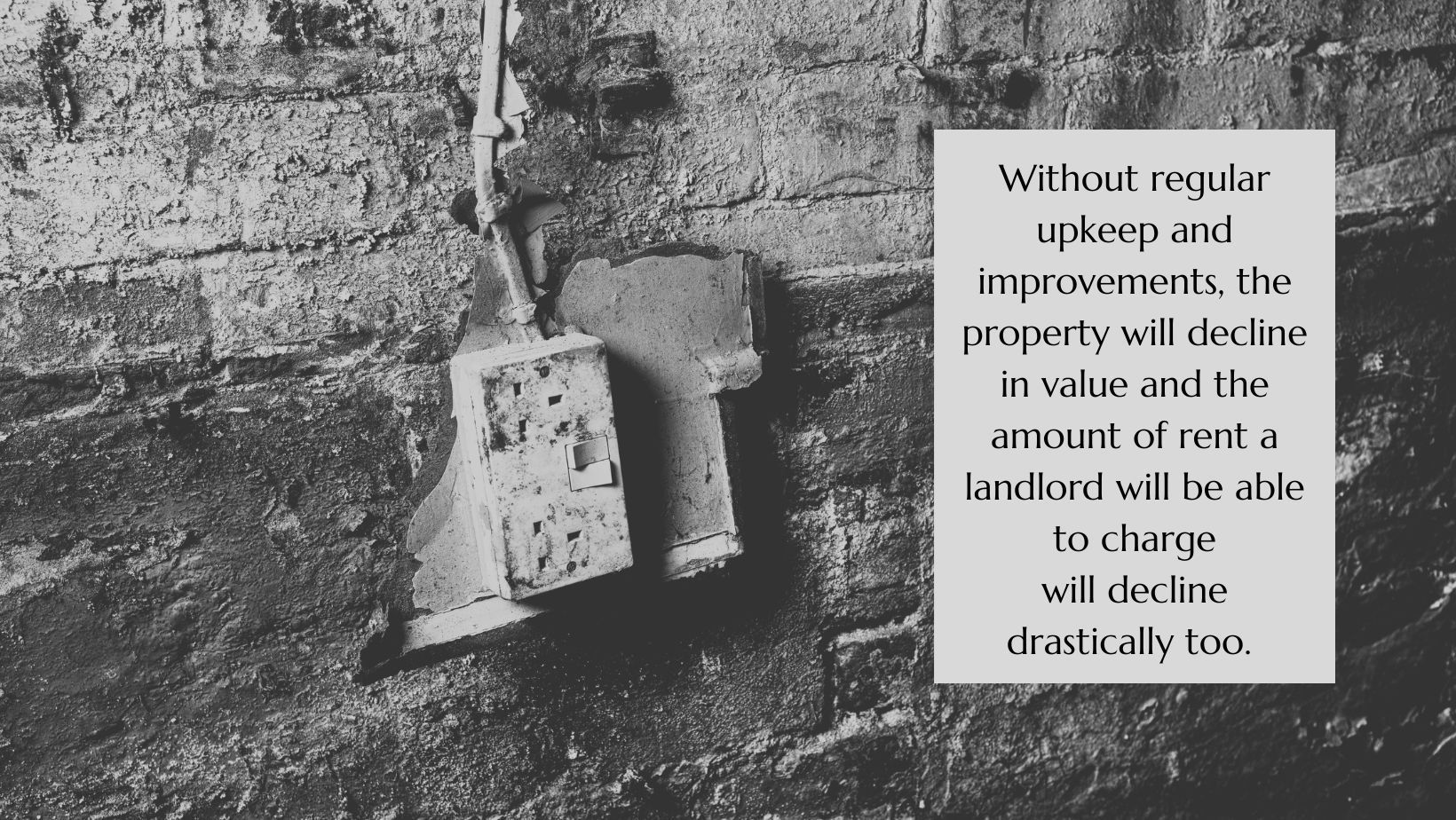4 Sore Spots Between Renters and Property Owners

Owning rental property can be a lucrative business, but it is not without its challenges. Most landlords agree that finding a “perfect” tenant is exceptionally rare, if not impossible—and renters often feel the same way about their landlords.
While tenants and property owners might not see eye to eye on everything, there are ways to improve the relationship and avoid conflict. And if a landlord has had enough of trying to cope on their own, they can hire a property management company. Professional property managers are experts at balancing tenants’ rights with landlords’ rights to keep the peace.
At Select Leasing & Management, we have written extensively about the “sore spots” between renters and property owners. Whether you are handling property management yourself or considering outsourcing it, these articles offer practical advice on four topics where the most common disagreements arise.
1. Raising Rent and Collection Issues
Let’s face it: No tenant is ever going to be happy about an increase in rent. That said, there are rules that landlords must follow about when they can raise rent and how much notice they need to give. Find out what is and is not acceptable in Can a Property Manager Raise Rent?
Landlords have their own set of concerns about rent. Late or unpaid rent disrupts cash flow, making it hard to pay the mortgage or afford routine expenses.
Tips for Collecting Rent: Getting What You Are Owed includes advice beginning with the screening process before a tenant is even accepted. It is important to make sure applicants are financially able to keep up with payments. And, sometimes, simply making sure that paying is easy and convenient avoids problems.
2. Maintenance Costs and Responsibilities
Ignoring or scrimping on maintenance and repairs to save money is a big mistake. Without regular upkeep and improvements, the property will decline in value and the amount of rent a landlord will be able to charge will decline drastically too.
Being proactive about maintenance will satisfy tenants and keep costs down. Read Advice For Landlords: Keeping Property Maintenance Costs Down for tips on doing inspections, scheduling preventive maintenance, and deciding whether to repair or replace fixtures and appliances.
One maintenance issue that often causes finger-pointing between tenants and landlords is pests. Residents seeing insects or rodents are likely to report them and understandably want the landlord to do something about them. Meanwhile, the landlord might blame the tenant for the conditions that are attracting the pests.
Renters are obligated to keep their apartments free of trash that could attract bugs or rodents, but laws in Missouri ultimately place the responsibility for pest control on the landlord. Details about the laws and what can be done to keep pests out can be found in Who is Responsible for Pest Control: Tenant or Landlord?

3. Bad Tenants or Unfair Rules?
Noise complaints, property damage, criminal activity—bad tenant behavior can create big headaches for landlords. On the flip side of the argument, extremely strict rules and regulations can make tenants feel like they are unable to enjoy living in their homes. Both sides must find a balance that respects both landlord rights and tenant rights.
What Makes Someone a Good Tenant? What Landlords and Tenants Both Need to Know offers a comprehensive review of both sides of the argument. Often, communication is the key ingredient to a drama-free rental relationship.
Landlords can also avoid some potential issues by doing the appropriate background checks up front. How to Find Good Tenants for Your Rental Property and Can a Landlord Do a Criminal Background Check? lay out the steps for you. Finding out about an applicant's track record of troublesome incidents with prior landlords before accepting them is time and money well spent.
That said, it is always important for property owners to understand the current local fair housing and anti-discrimination laws. 7 Things Every St. Louis Landlord Should Know gives a rundown on some basic laws. For example, security deposits are limited to a maximum of two months’ rent. And a landlord must give advance notice before entering an apartment.
One topic that surprises many people is What Rights Do Landlords Have With Regard to Emotional Support Animals? Believe it or not, they may be allowed even if the lease has a “no pets” policy.
4. Leases and Legal Disputes
The deciding factor for the majority of disagreements between landlords and tenants is the lease agreement. If a landlord wants to prohibit smoking or not allow a tenant to sublease the apartment, the lease is the way to make it clear. It is a legal document, so signing it means both parties agree to everything it includes. What Every Lease Should Have In It: The Basics, and Beyond discusses typical leases, along with information specifically for St. Louis landlords.
Leases often include what behavior constitutes grounds for eviction. In addition, there might be language explaining reasons why the landlord can legally break the lease agreement without going through the legal procedure of evicting the tenant. There are also instances when a tenant can leave and stop paying rent before the lease is up. When Can a Landlord Legally Terminate a Lease? What About a Tenant? explains how this works.
How a Property Management Company Can Help
Landlords who regularly interact with their tenants are bound to run into some of these sore spots. It can be a challenge to make everyone happy while still watching out for your own business interests.
This is one reason why many property owners choose to work with a leasing and management company. Property management companies take on the day-to-day operations, including fielding questions and complaints from tenants. Property managers handle many of the duties that result in the common conflicts outlined above, including:
- Collecting rent and following up on late payments
- Arranging for repairs
- Scheduling routine maintenance and cleaning
- Preparing vacant apartments and advertising for new tenants
- Doing background checks on applicants
- Enforcing rules
- Drafting lease agreements
- Making sure the property is in compliance with state and local laws
- Beginning eviction proceedings if necessary
If you own rental property and dealing with tenant issues is becoming stressful or tiresome, contact Select Leasing & Management. We manage a wide range of residential properties in the St. Louis region, ensuring a worry-free rental experience for both landlords and tenants.
Cover image by 89Stocker by Canva.com










